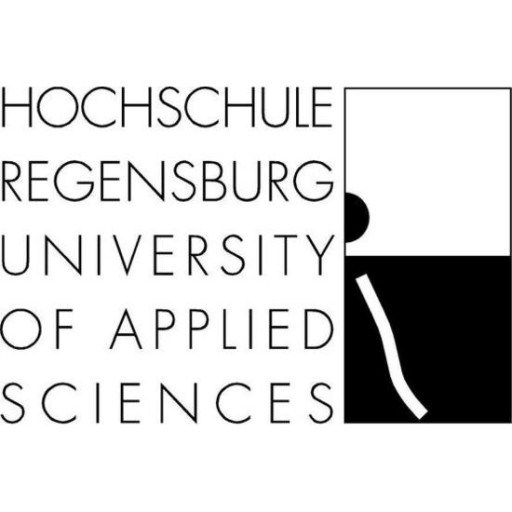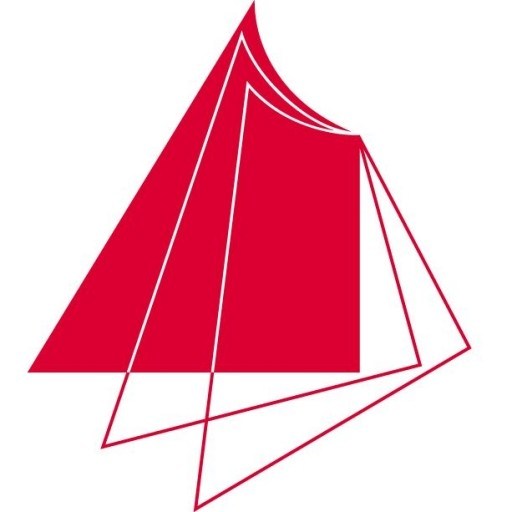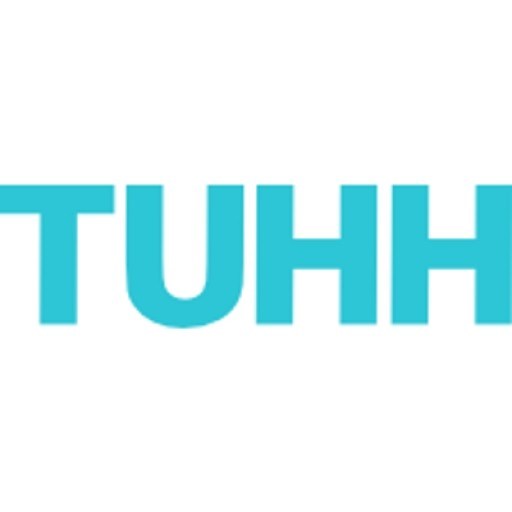Photos of university / #tuchemnitz
The Master’s degree program in Micro and Nano Systems at Chemnitz University of Technology offers students an in-depth education in the design, development, and application of micro- and nanoscale technologies. This interdisciplinary program integrates principles from electrical engineering, mechanical engineering, materials science, and physics to prepare graduates for innovative careers in cutting-edge fields such as microelectronics, nanotechnology, sensor development, and advanced manufacturing. The curriculum covers essential topics including microfabrication techniques, nanoengineering, materials characterization, and system integration, providing students with practical skills and theoretical knowledge necessary to excel in research and industry. Students will have ample opportunities to work on real-world projects, collaborate with industry partners, and engage in laboratory work that emphasizes hands-on experience with state-of-the-art equipment. The program is designed to foster a strong understanding of the physical phenomena at microscopic and nanoscale levels, while also developing competencies in design optimization, system integration, and problem-solving. Graduates will be well-equipped to contribute to technological innovations across various sectors such as healthcare, electronics, energy, and environmental monitoring. The program also emphasizes internationalization and networking, offering students access to a vibrant academic community and potential mobility opportunities. With a comprehensive curriculum and a focus on interdisciplinary cooperation, the Master’s in Micro and Nano Systems prepares students for careers in research institutions, high-tech industry, or further doctoral studies. The program’s goal is to cultivate innovative thinkers capable of advancing micro- and nanosystems technology to meet the demands of the rapidly evolving global market.
Educational organisation
Compulsory (obligatory) modules:- Microsystems design (semester 1, lect/sem/ lab)
- Micro and nano devices (semester 1, lect/sem/ lab)
- Smart sensor systems (semester 1, lect/sem/ lab)
- Materials in micro and nanotechnologies (semester 1, lect/sem)
- Reliability of micro- and nanosystems (semester 1 & 2, lect/sem)
- Technologies for micro and nano systems (semester 1 & 2, lect/sem)
- Design of heterogeneous systems (semester 2, lect/sem/lab)
- Semiconductor physics/nano structures (semester 2, lect/sem)
- Advanced integrated circuit technology (semester 2, lect/sem)
Elective (optional) modules
Students must elect modules from the following catalogue in order to earn 20 credits:
- Design for testability for circuits and systems (semester 1, lect/sem) - 2cr
- Automotive sensor systems (semester 2, lect/sem) - 5cr
- Integrated circuit design - transistor level (semester 2, lect/sem/lab) - 5cr
- Fields and waves (semester 2, lect/sem) - 3cr
- Microscopy and analysis on the nano scale (semester 2, lect/sem) - 5cr
- Micro optical systems (semester 2, lect/sem) - 3cr
- Self organising networks (semester 2, lect) - 2cr
- Network security (semester 2, lect) - 2cr
- Power semiconductor devices (semester 3, lect/sem) - 5cr
- Optoelectronic devices (semester 3, lect) - 3cr
- Surfaces, thin films and interfaces (semester 3, lect/sem) - 3cr
Research Project (obligatory, at the university) - semester 3
Master's Thesis (obligatory, at the university) - semester 4
Forms of assessment
For each module (subject) either by written or by oral examDetails can be found in the module descriptions, which are a part of the study regulations. The exam must be passed in order for credit points to be awarded.
Language requirements
English:- IELTS from 5.0
- TOEFL internet based: min. 87 points
- TOEFL paper based: min. 500 points
- TOEFL computer based: min. 173 points
- Cambridge: from First Certificate in English
- TOEIC: 785-944 points
- Confirmation of (undergraduate) lessons in English
- Studies of English language
- Translator
German:
A2 (CEFR),
alternatively
- A1 (CEFR) at the time of application (condition for regular admission and enrolment)
- A2 (CEFR) latest by the end of the third semester
Academic requirements
- Bachelor's degree in Electrical Engineering (Bachelorstudiengang Elektrotechnik) or Bachelor's degree in Information and Communication Technology (Bachelorstudiengang Informations- und Kommunikationstechnik) from Technische Universität Chemnitz/Faculty of Electrical Engineering and Communication Technology (Technische Universität Chemnitz/Fakultät für Elektrotechnik und Informationstechnik)
- Equivalent degree (check by board of examiners)
Enrolment fees
All students have to pay a semester contribution of approx. 250 EUR.This fee also covers the semester ticket, which permits you to use buses and trams in Chemnitz during the semester. International students will receive a blank bank transfer form with which to transfer the semester contribution. However, the fee can also be paid after arrival in Chemnitz via German bank card or bank transfer.
Costs of living
Approx. 680 EUR per month to cover personal expensesArrival support
The Orientation Week usually takes place in the first week of the semester. During this week, the International Office offers a number of activities such as an information session on all questions related to studying at Technische Universität Chemnitz, a library and campus tour, visits to the media centre of the language centre as well as to the computer labs. Participation in the Orientation Week is free of charge.Services and support for international students
The Buddy Student Programme at Technische Universität Chemnitz, organised by the International Office, will help you to get in contact with German students and scholars. The members organise several events during the semester and give practical tips for studying and living in Chemnitz.Accommodation
The Student Union Chemnitz-Zwickau runs several student residences. International students can apply for a single room or for a bed in a double room in one of the residences. The prices depend on the furnishings of the room and vary between 150 EUR and 280 EUR.More information at: http://www.tu-chemnitz.de/stuwe/









